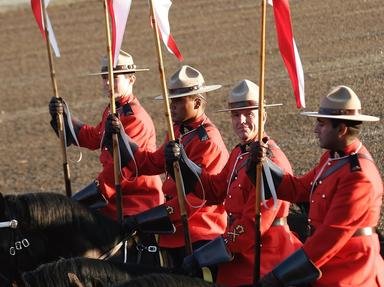Quiz Answer Key and Fun Facts
1. Who was the prairie province of Alberta named after?
2. What did the early different European explorers *NOT* call Newfoundland?
3. It's not exactly one hundred percent certain, but which Portuguese explorer is credited with naming Labrador?
4. The name of the province of Nova Scotia translates as 'New Scotland.' But what language is Nova Scotia from?
5. Originally most of this east coast province was part of Nova Scotia. When it was decided to make a new province out of it, what did they end up calling it?
6. It was called Isle de Saint Jean by Samuel de Champlain, and the British called it St. John's Island. In 1798 this was changed to its present princely name. What is that?
7. La Belle Province! Quebec. Obviously a name with a French origin. Or is it? What language did the name Quebec come from originally?
8. What did the name 'Ontario' originally describe?
9. The name of the province of Manitoba probably was first applied to Lake Manitoba.
10. The province of Saskatchewan is named for a river. Which one?
11. This Pacific province was once known as New Caledonia. What is it called now?
12. In 1999 Canada created a new territory called Nunavut. What does it mean?
13. The name of this Canadian Territory was loosely applied to huge areas of land north and west of Lake Superior. What is it called today?
14. The name Yukon originally didn't apply to the whole territory but to what?
15. What did the name Canada originally mean?
Source: Author
Hermit007
This quiz was reviewed by FunTrivia editor
bloomsby before going online.
Any errors found in FunTrivia content are routinely corrected through our feedback system.

